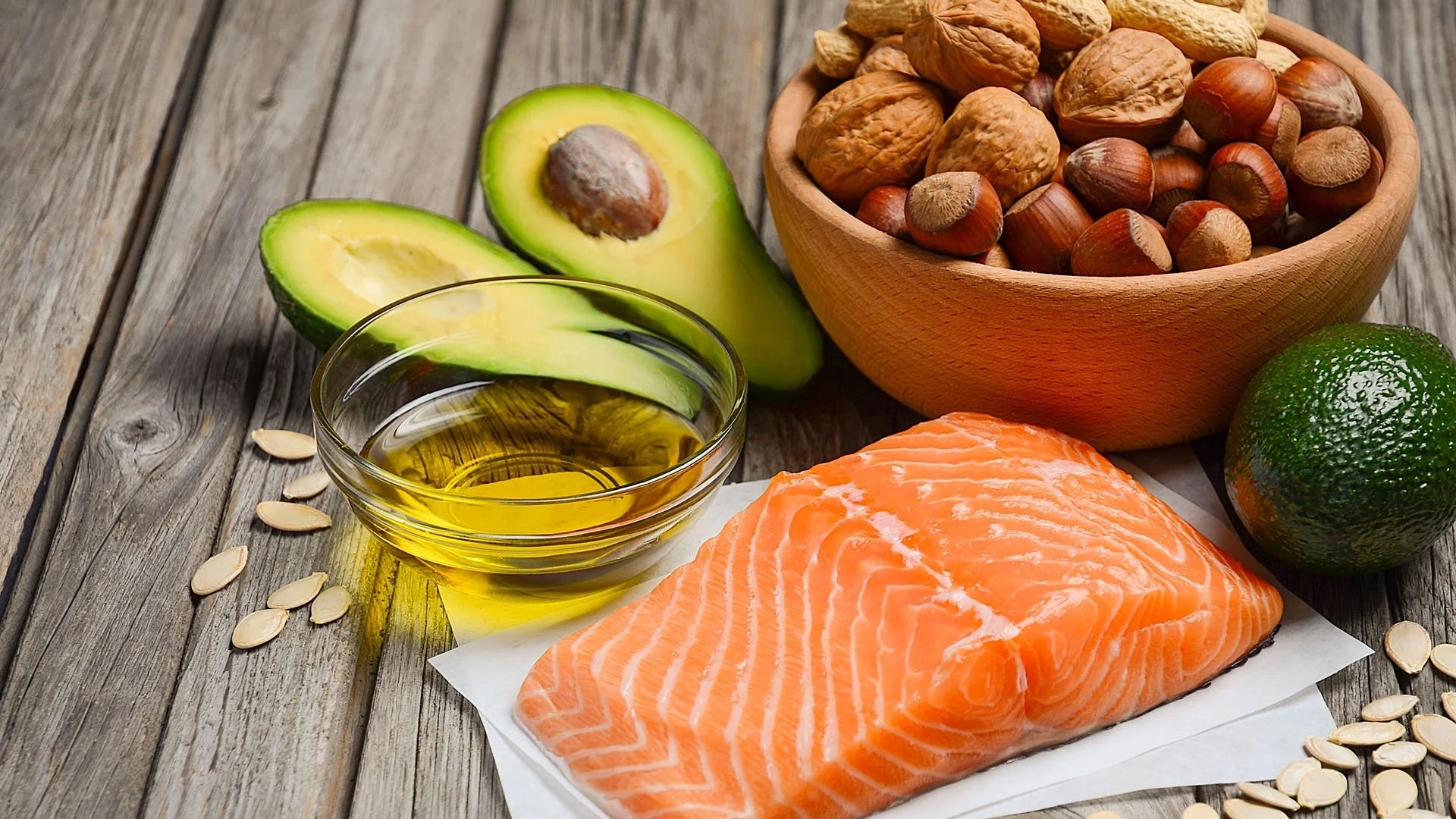Not All Fat is Created Equal
When examining the different types of dietary fats, it can be tricky to know which are beneficial to our health, and which we should try to avoid. In the past, people have thought that low-fat diets are the key to weight and body fat loss. However, certain fats are necessary to promote optimal health and wellness!
Good fats, also known as unsaturated fats, are beneficial for our health when consumed in moderation. They can help improve cholesterol levels, reduce the risk of heart disease, and provide essential nutrients. Examples of good fats include monounsaturated fats found in olive oil, avocados, and nuts, as well as polyunsaturated fats found in fatty fish, flaxseeds, and walnuts. Polyunsaturated fats are also considered to be essential for our body, as omega-3 and omega-6 fats are needed for things like brain function and cell growth! They are known as essential because they must be consumed through our diet in order to receive them, as our body can not make them.
On the other hand, bad fats, also known as saturated fats and trans fats, should be limited in our diet as they can increase the risk of heart disease and other health issues. Saturated fats are commonly found in animal products like fatty meats, full-fat dairy products, and butter. If high amounts of saturated fats are consumed, they can increase LDL cholesterol levels, which is also known as the bad cholesterol. Trans fats are artificially created fats found in processed foods, fried foods, and some margarines. Similar to saturated fats, trans fats also raise blood LDL cholesterol and increase inflammation in the body, which increases the risk of diabetes, heart disease, and stroke.
It's important to note that while good fats can be beneficial, moderation is key. It's recommended to replace saturated and trans fats with healthier options to maintain a balanced diet. Consulting with a healthcare professional or registered dietitian can provide personalized guidance on fat consumption based on individual health needs. Schedule a complimentary, 30-minute call here with one of our Ready Steps registered dietitians to learn more!

